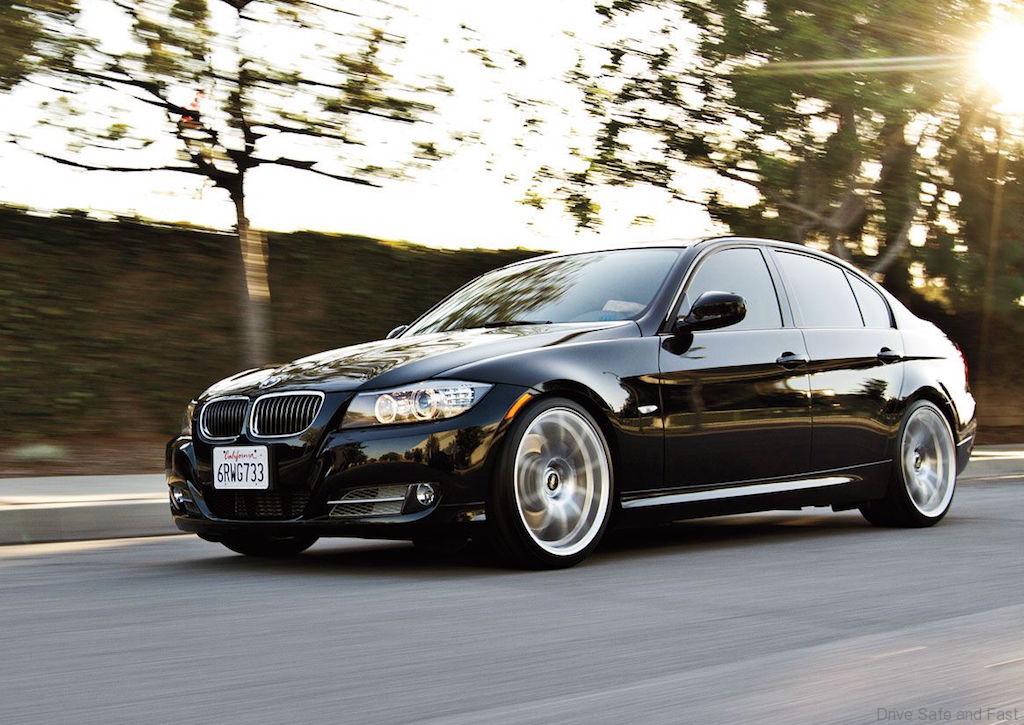More than 10 years ago, way before Plug-in Hybrid vehicles were in vogue, BMW Malaysia actually pushed another ‘alternative’ powertrain product very hard. We’re not talking about hydrogen power or e-fuel. That’s right, we’re talking about diesel power. For BMW, it all started with the X5 xDrive30d, but by 2009, they had expanded their range of turbo diesel-powered vehicles to include four additional models. These were the X3 xDrive20d, the 730Ld, the 520d and the 320d. They were all very interesting machines, but we think the 320d is of special interest as it was more affordable than the others on the list and continued to be offered even into the facelifted F30 generation.
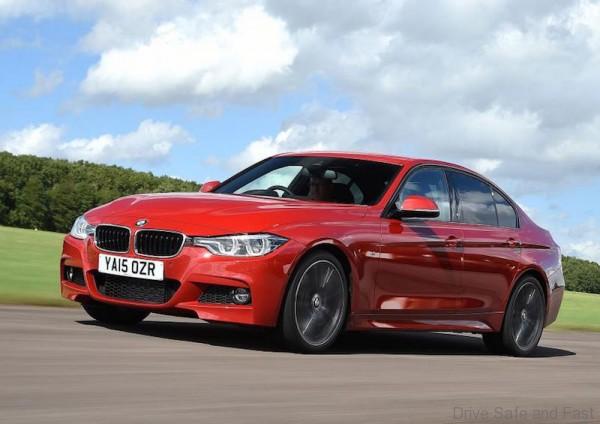
This diesel-powered E90 3 Series completed the century sprint a whole 2 seconds faster than its petrol counterpart. Not only that, but BMW Malaysia gave it an M Sport body kit along with M Sport suspension and even more goodies on the inside. While it wasn’t a range-topping 3 Series, it represented really good value and delivered a lot of car for the money. Especially when you consider the low fuel consumption when one was light on the throttle. This trend continued with the F30 and the F30 LCI (facelift) models. BMW expanded upon the 320d lineup by providing not just an M Sport variant but a lower trim level at a lower price too. These newer models went from using the N47 engine to using the B47 engine.
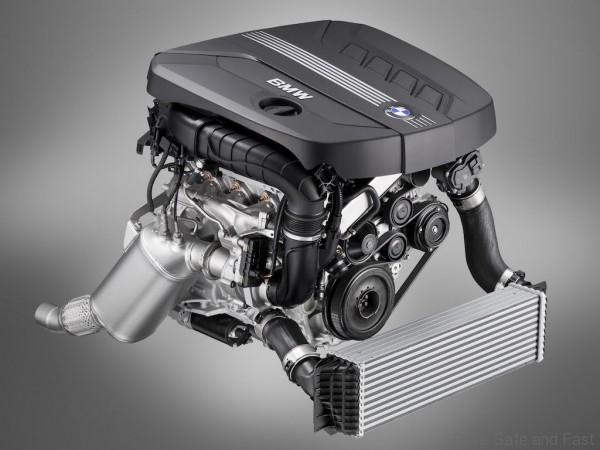
What’s important to note about all of these vehicles is that BMW said that they had done enough testing to determine that they’d run fine on Euro 2M diesel for the length of the warranty period. But as we mentioned earlier at the beginning of this article, some of these engines are more than ten years old now. If you’re a current owner or thinking of owning one, you might want to start looking into using the best diesel possible for your vehicle.

One of the reasons why is because these engines will start to accumulate deposits on their injectors when using the wrong type of diesel fuel over time. Using pure diesel without additives will very quickly reduce the engine’s overall performance and efficiency. With the right additives at the minimum dosage, the rate at which performance and efficiency drop is a lot lower, but it’s still there.
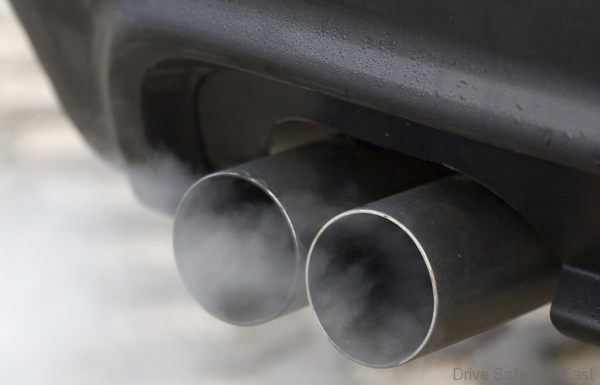
With a fuel like BHPetrol’s Infiniti Euro5 diesel, double the dosage of additives have been added into the mix. Independent studies on both older diesel engines as well as modern diesel engines both show that this increased additive content can effectively clear existing deposits from injectors and prevent new deposits from forming as well. This is exactly the type of fuel a current or potential 320d owner might want to look into.
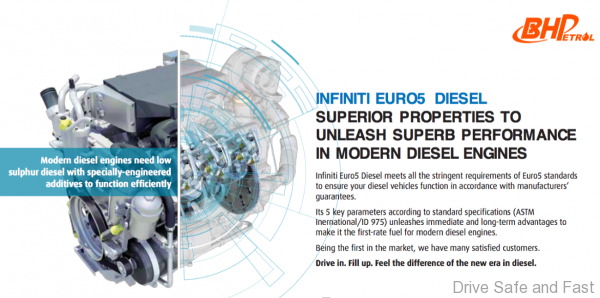
It’s also worth noting that Euro5, in general, is designed to work on modern diesel engines. The largest difference between the standard Euro2M diesel and Euro5 diesel is the amount of sulphur content in the fuel. Older diesel engines were designed to use this added sulphur for its lubricity. However, the by-product of burning sulphur ends up causing acid rain. Newer engines rely on the additives in fuels as a substitute, and from what we’ve learnt, BHPetrol uses additives that come from Germany. These are designed to work with all kinds of modern diesel engines, particularly those that come from Europe.
So, if you’re looking at running a 320d in the healthiest way possible, get yourself the best fuel you can.

